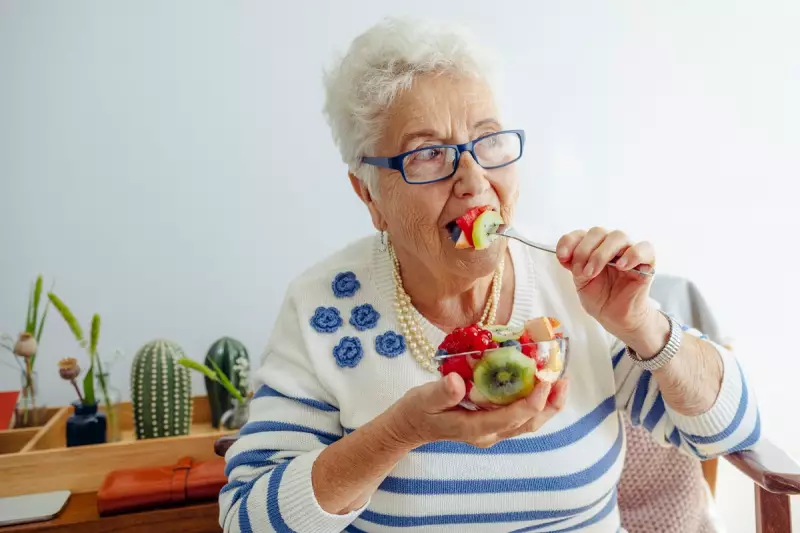
When considering vitamin C, the humble orange is often the first thing that springs to mind. However, several other common foods surprisingly contain significantly more of this essential nutrient, which is crucial for strong bones, healthy skin, and a robust immune system.
Beyond the Orange: Powerhouse Alternatives
Vitamin C is an essential nutrient, meaning the body cannot produce it on its own. Registered dietitian Devon Peart, speaking to the Cleveland Clinic, emphasises that we must obtain it through our diet. While a single orange provides a commendable 70 to 90 milligrams—nearly meeting or exceeding the daily recommendation—other options are even more potent.
The recommended daily intake is 90 milligrams for men and 75 milligrams for women. Consuming adequate vitamin C can help protect your skin and bones, as well as lower the risk for cancer, heart disease, and the common cold.
Top Vitamin C Contenders You Should Try
Red Bell Peppers
A medium red bell pepper is a veritable vitamin C champion, containing a staggering 190 milligrams. This is nearly three times the amount found in an orange. According to Devon Peart, a single red pepper provides more than 150 percent of your daily recommended vitamin C intake. Delicious when roasted or served with a dip, they are also an excellent source of vitamin A, which is vital for eye health.
Guava
This underutilised tropical fruit is a flavourful powerhouse, packing up to 247 milligrams of vitamin C depending on the variety. Most cultivated guavas provide shoppers with a remarkable 200 percent of their daily requirement. It's also high in fiber, containing 5.4 grams—more than double that of an orange. Try it chopped in a salad or added to vanilla ice cream for a nutritious twist.
Kiwi
Don't underestimate the fuzzy kiwi. A cup of raw kiwi contains at least twice as much vitamin C as an orange, boasting 137 milligrams. Eating just one kiwi at breakfast delivers about 117 percent of your recommended daily amount. It's a perfect topping for oatmeal or a smoothie ingredient. Furthermore, registered dietitian Gillian Culbertson points out that kiwi is one of the few fruits with a good amount of highly bioavailable vitamin E, which also supports the immune system.
Watercress
This leafy green is a surprising contender. A mere 80-gram portion of watercress contains 50 milligrams of vitamin C, which is at least double the amount found in an equivalent weight of orange. While mostly water, it is also a significant source of vitamin K, providing 85 micrograms per cup—close to the recommended amounts for both women and men. It makes a fresh addition to egg salad sandwiches or mixed spring salads.
Diversifying Your Diet for Optimal Health
Incorporating these diverse foods into your daily meals is a simple and effective strategy to ensure you meet your nutritional needs. Moving beyond the traditional orange can provide a greater boost of vitamin C, alongside a host of other beneficial vitamins, minerals, and fiber. A varied diet rich in these nutrients is a foundational step towards long-term health and wellbeing.






